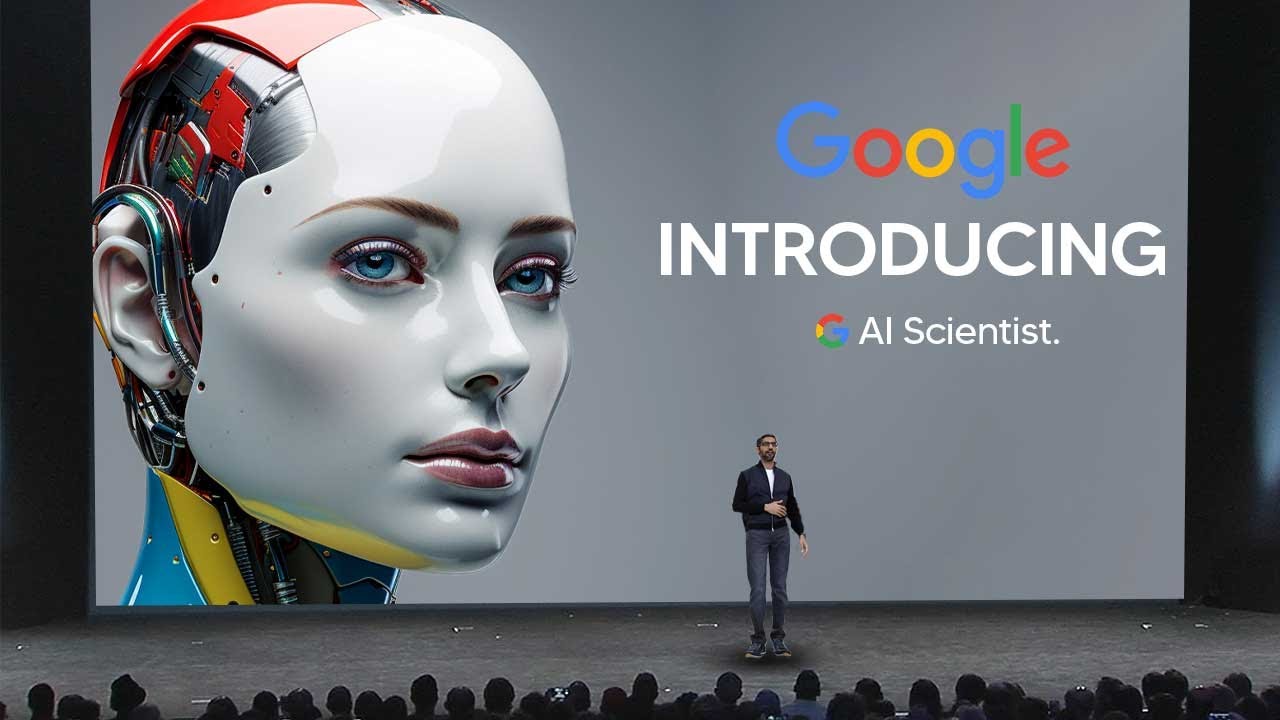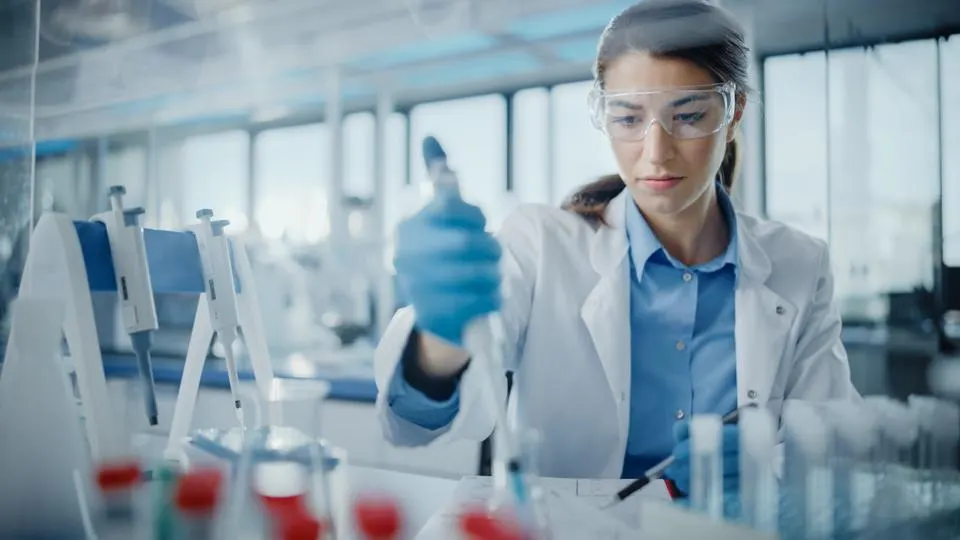A groundbreaking development has taken place in the scientific world. Scientists who spent years understanding how microorganisms develop resistance to antibiotics were able to reach the same conclusion in just two days, thanks to Google’s new AI tool. How is this possible? Here are the details…
AI Could Revolutionize Science
Professor José R. Penadés and his team at Imperial College London spent nearly a decade researching how superbugs develop resistance to antibiotics. One of the biggest challenges they faced was understanding the mechanism behind the spread of these microbes between species.

A test using Google’s “co-scientist” AI tool has sent shockwaves through the scientific community. Professor Penadés asked the AI a fundamental question regarding his research, and the results came with unexpected speed. Co-scientist provided the correct hypothesis within just 48 hours and even suggested four additional hypotheses. What truly amazed the scientists was that one of the AI’s hypotheses had never even been considered by the team before.
This development sheds light on the mechanism that allows superbugs to spread between species. According to the research, these microbes can move from one host to another through “tails” they acquire from different viruses. This discovery could be a major turning point in understanding how antibiotic resistance spreads.
Professor Penadés acknowledged concerns that AI might replace scientists, but he viewed the situation differently. According to him, AI would not replace scientists, but instead help them work faster and more efficiently.
These kinds of developments are considered revolutionary in the scientific world. Professor Penadés stated, “This is truly extraordinary. I feel like I’m playing in the Champions League final.”
Scientists believe that the speed and accuracy with which AI can work could make major discoveries possible in much shorter time frames in the future. Especially in fields like medicine and biotechnology, the use of such AI systems could lead to much faster development of treatments for human health.
What do you think about this development? Feel free to share your thoughts in the comments below!














